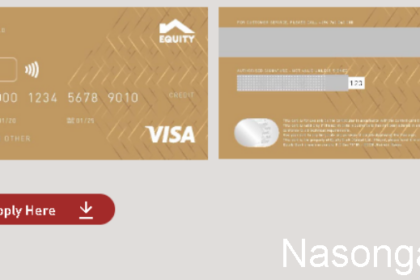There are a few different ways to separate money in a bank account. You can use a checking, savings, or money market account to organize your money. Each method has its benefits and drawbacks. You should choose the method that best suits your needs and lifestyle!
A checking account is a good option for those who need to access their money quickly. This account allows you to write checks and withdraw cash from ATMs. However, there may be fees associated with this type of account.
A savings account is a good option for those who want to save money. This account typically offers a higher interest rate than a checking account.
However, you may not be able to access your money as quickly as you can with a checking account.
A money market account is a good option for those who want both the convenience of a checking account and the savings benefits of a savings account.
This account typically offers a higher interest rate than a checking or savings account. However, there may be fees associated with this type of account.
Read also How to Stop Spending Money on Unnecessary Things.
How to Separate Money in a Bank Account
There are a few different methods for separating money in a bank account. You can use different accounts for different purposes, such as savings, spending, and investing. You can also use different accounts for different time frames, such as short-term and long-term goals.
Each method has its benefits and drawbacks, so you should choose the one that best suits your needs and lifestyle.
1. Use different accounts for different purposes.
You can use a savings account for long-term goals, such as retirement or a down payment on a house.
A checking account is best for day-to-day expenses, while an investment account helps your money grow over time.
Each account has different features and benefits, so choose the one that best suits your needs.
2. Use different accounts for different time frames.
You can have savings account for long-term goals and a checking account for short-term or daily expenses.
This can help you track how much money you have and how much you’re spending. You can look for high-yield savings or money market accounts to grow your money.
Some features and benefits may not apply to you, so be sure to choose the account with only what you need.
3. Use a budget to track your spending.
Creating a budget is a great way to keep track of your spending and ensure you stay on track with your financial goals.
You can use a budget to track your spending in each category, such as housing, food, and transportation.
You can also use a budget to set aside money for specific goals, such as savings or investing.
4. Automate your finances.
You can use technology to help you manage your money. Several apps and software programs can help you track spending, create a budget, and save for goals.
You can also set up automatic transfers to ensure you consistently contribute to your savings and investment accounts.
5. Talk to a financial advisor.
If you want help managing your money, talk to a financial advisor. A financial advisor can help you create a budget, set financial goals, and choose suitable investment and savings accounts for your needs.
They can also guide you if you face a financial challenge, such as job loss or high debt.
Related: 15 Simple Money Management Tips for Everyone
Which bank account should I use for my specific needs?”
People have a common question when it comes to managing their finances. There are many different bank accounts, each with its advantages and disadvantages. The key is to find the correct account for your specific needs.
One way to separate your money is to use multiple bank accounts. You can have a checking account for everyday expenses, a savings account for long-term goals, and an emergency fund for unexpected expenses. This can help track your spending and ensure you use your money efficiently.
Another way to separate your money is to use a budget. You can create a budget that allocates how much you’ll spend in each category, such as housing, food, transportation, and entertainment. This can help you curb spending and ensure you live within your means.
No matter how you separate your money, the most important thing is to be proactive. By taking the time to manage your finances, you can ensure that your money is working for you.













